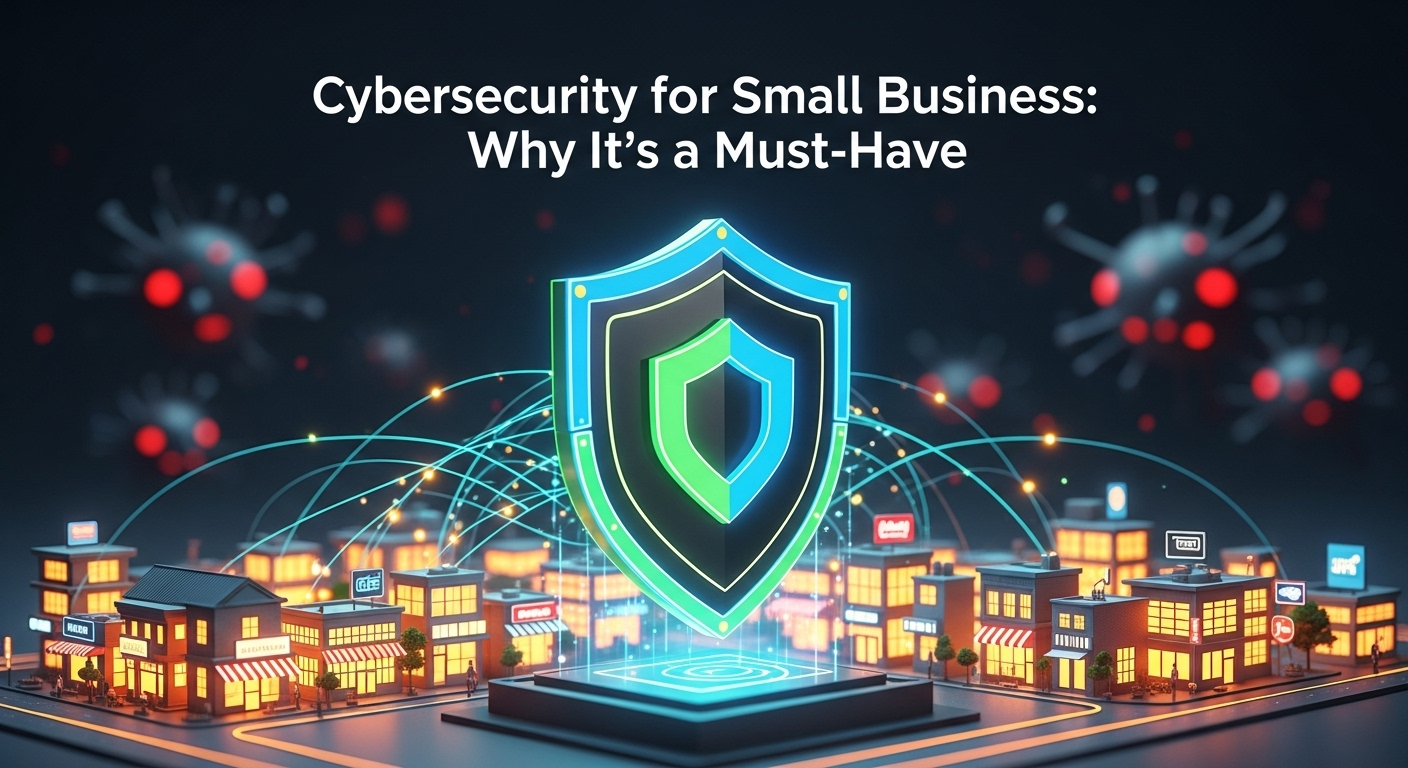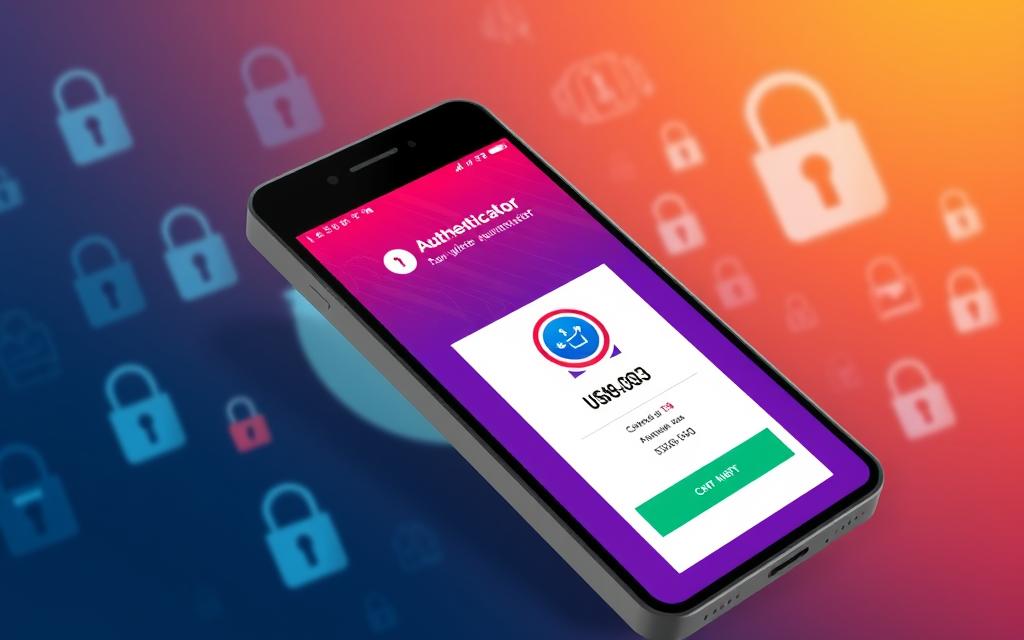In today's digital-first world, small businesses are the backbone of the economy, yet many operate under a dangerous illusion: that they are too small to be a target for cybercriminals. This could not be further from the truth. The very question of why is cybersecurity important for small businesses is no longer a topic for IT departments alone; it's a critical boardroom discussion that directly impacts survival, growth, and reputation. Ignoring cybersecurity is akin to leaving the front door of your physical store wide open overnight with the cash register on the counter. It’s not a matter of if a security incident will occur, but when, and being unprepared can have catastrophic consequences that extend far beyond a simple technical glitch. This comprehensive guide will explore the critical reasons why robust cybersecurity is a non-negotiable necessity for every small business. Cybersecurity for Small Business: Why It's a Must-Have The Dangerous Misconception: "We're Too Small to Target" One of the most pervasive and damaging myths in the business world is the belief that cyber attackers only go after large corporations with deep pockets. Small and Medium-sized Businesses (SMBs) often think their limited data or smaller revenue makes them an unattractive target. However, the reality is the exact opposite. Attackers see SMBs as the perfect victims precisely because they are often less defended. They are viewed as low-hanging fruit—easy to compromise due to a lack of dedicated security resources, outdated software, and insufficient employee training. Cybercriminals are opportunistic. Many attacks are not meticulously planned campaigns against a specific company but are automated, high-volume assaults that scan the internet for any vulnerability. An automated bot doesn't care if your business has 10 employees or 10,000; it only cares if you have an unpatched server, a weak password, or an employee who will click on a malicious link. Furthermore, small businesses are often a stepping stone to a larger prize. They can be part of a supply chain for a major corporation, and by compromising the smaller, less secure vendor, attackers can gain a trusted entry point into the network of their ultimate, larger target. This "too small to target" mindset fosters a culture of complacency. It leads to underinvestment in essential security measures, a lack of formal incident response plans, and a general disregard for cybersecurity best practices. Business owners may prioritize other seemingly more pressing needs like marketing or inventory, failing to recognize that a single security breach can nullify all other business efforts in an instant. This reactive, rather than proactive, approach leaves the business exceptionally vulnerable, turning a preventable incident into a potential business-ending event. The Staggering Cost of a Security Breach When a small business owner hears about a "data breach," they might picture a complex technical problem. The reality is far more terrifying; a security breach is a full-blown business crisis with devastating and multifaceted financial implications. The cost is not a single, one-time expense but a cascade of direct and indirect losses that can cripple or even bankrupt a company. According to IBM's Cost of a Data Breach Report, the consequences are severe, and for a small business without the cash reserves of a large enterprise, they are often insurmountable. Direct Financial Losses The most immediate impact of a cyberattack is the direct drain on your company's finances. These costs are tangible and often demanded with an aggressive timeline, putting immense pressure on your cash flow. One of the most common threats, ransomware, involves attackers encrypting your critical business data and demanding a hefty payment for its release. This payment can range from thousands to hundreds of thousands of dollars, with no guarantee that you will get your data back even if you pay. Beyond potential ransom payments, the direct costs multiply quickly. If customer financial data is stolen, you may be liable for fraudulent charges. If you operate in a sector governed by regulations like GDPR in Europe or HIPAA for healthcare, a breach can result in massive regulatory fines that are designed to be punitive. You will also need to hire expensive cybersecurity forensic experts to investigate the breach, determine the extent of the damage, and eradicate the attacker from your systems. Legal fees can also pile up, whether from consulting with lawyers on disclosure obligations or defending against potential lawsuits from affected customers. Reputational Damage and Loss of Customer Trust For a small business, trust is the most valuable currency. It's built over years of quality service, personal relationships, and reliability. A single cybersecurity breach can shatter that trust in seconds. When you notify customers that their personal or financial information has been compromised while in your care, their confidence in your business plummets. They will question your competence, your commitment to their privacy, and the safety of doing business with you in the future. The fallout from this loss of trust is severe and long-lasting. Existing customers may take their business to your competitors, and the negative word-of-mouth can be incredibly damaging. In the age of social media and online reviews, news of a breach spreads like wildfire, permanently staining your brand's reputation. Acquiring new customers becomes significantly harder, as prospects will be wary of entrusting their data to a company with a known history of security failures. Rebuilding a tarnished reputation is a monumental and expensive task that many small businesses never recover from. Operational Disruption and Downtime A cyberattack is not a quiet, background event; it causes immediate and severe disruption to your daily operations. If ransomware encrypts your files, your employees can't access customer records, process orders, or manage inventory. If a malware infection takes your point-of-sale system offline, you cannot make sales. This operational paralysis is known as downtime, and for a small business, every hour of downtime is a direct loss of revenue. Consider the real-world impact. Your e-commerce site is down, meaning zero online sales. Your project management software is inaccessible, bringing client work to a halt. Your communication systems are compromised, preventing you from contacting





